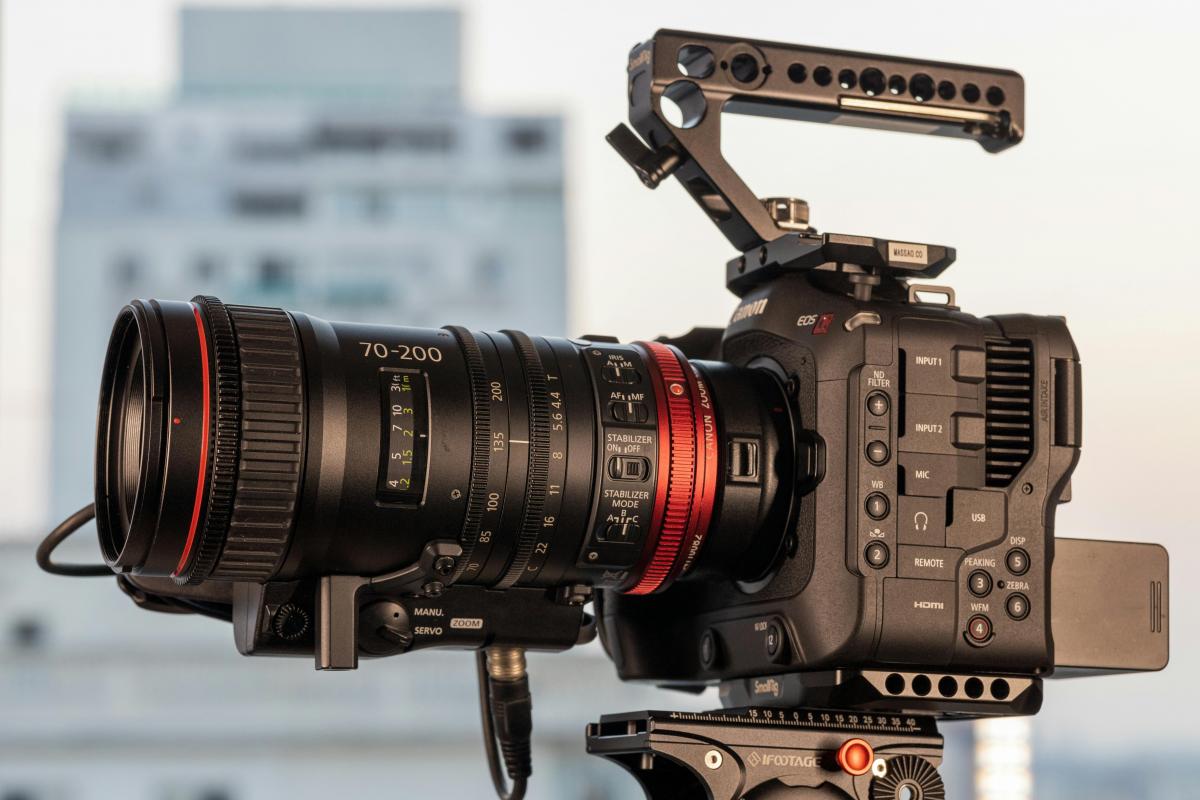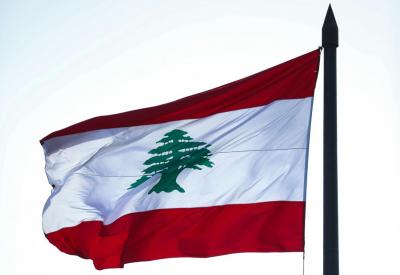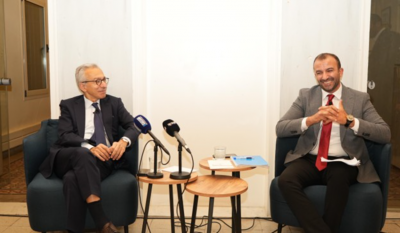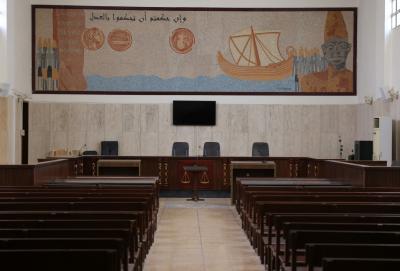When we speak of media, we refer to all means of communication capable of reaching broad segments of society. Whether traditional or modern—radio, television, the internet, social networks, or other digital platforms—these tools all share one essential function: influencing public opinion. And when media shifts from a tool of information to one of propaganda, it can sow destruction and chaos.
National security, at its core, is about defending the state, preserving its society, safeguarding its independence and sovereignty, and ensuring the continuity of peaceful life. This is where the media plays a critical role in maintaining the foundations of that security. Its role, however, can be either positive—when responsibly employed—or negative—when it targets vulnerabilities within the fabric of the nation.
The real question is: does the media champion the cause of national security, or does it fail it?
Since the dawn of civilization, control over geography and resources has been key to establishing national security. But as societies evolved, so did tools of influence, shifting from weapons to words, from armies to screens. Today, national security is no longer limited to traditional arms; the media has become a central battleground in power struggles, and shaping public opinion can be as crucial as winning on the battlefield.
The relationship between media and national security has transcended technical and professional boundaries to become a strategic equation with geopolitical dimensions, especially amid modern hybrid warfare, including digital misinformation and cyberattacks.
1. The Historical Transformation of Media and Its Tools of Influence
Media has undergone a radical transformation—from ancient oration and philosophical discourse to intelligent digital broadcasting, and from conventional outlets to social media networks that transcend borders and shape new realities. This evolution coincided with a transformation in the concept of the state—from a mere geographic entity to a complex sovereign system interacting with a decentralized communication environment.
Today, words have become a deterrent tool, images a psychological weapon, and hashtags a battleground. While national security was once defended at borders, it is now breached through a smartphone screen, a doctored video, or fake news circulating thousands of times in mere minutes.
2. A Broader Understanding of National Security
National security is no longer measured solely by the size of armies or weaponry. It now encompasses societal cohesion, political stability, and a state's ability to protect its sovereignty in both physical and digital realms.
The components of national security include military defense, deterrence, political security, sovereignty and independence, economic and food security, sustainable development, social stability, countering extremism, cybersecurity, environmental safety, and resilience against natural disasters and climate change.
These dimensions face constant geopolitical challenges: shifting global power balances, the rise of transnational media promoting their own agendas, and cyberwars aiming to destabilize nations. Media can also be weaponized to apply strategic pressure or manipulate a country’s internal environment.
3. Media as a Pillar of National Security
When functioning responsibly, national media becomes a cornerstone of state stability through:
- Raising public awareness by promoting a culture of belonging and alerting citizens to threats
- Countering misinformation through verification and fact-checking
- Supporting strategic policies by explaining sovereign decisions and reinforcing their popular legitimacy
- Managing crises with messages of reassurance and public awareness
- Combating digital terrorism by exposing recruitment tactics and extremist narratives
4. Media as a Threat to National Security
Conversely, when the media deviates from its mission, it becomes a weapon against national stability. Examples include:
- Publishing sensitive information, which directly jeopardizes security operations
- Serving foreign agendas in information wars aimed at dismantling social cohesion
- Amplifying crises, inciting panic, and undermining institutional trust
- Using social platforms to fuel sectarian and political tensions
- Cyberattacks on media institutions, disrupting official narratives
5. Media and the Geopolitical Landscape
The media–security relationship extends far beyond domestic concerns, intersecting with the strategic interests of global powers. In the context of U.S.–China rivalry, the Russia–Ukraine war, and escalating Iranian–Israeli tensions in the Middle East, the media has become a battlefield of heated cold wars, where conflicts are waged with facts, narratives, and interests instead of traditional weapons.
Lebanon as a Case Study
In Lebanon, where institutions are fragile and political divisions run deep, media outlets are vulnerable to interference by foreign and regional actors. These players exploit internal divides or co-opt media platforms for broader geopolitical agendas. As a result, the media becomes part of the struggle for sovereignty.
6. Toward a Balanced National Media
To achieve balanced national media, ethical standards must be rigorously upheld. It is imperative to report truthfully—without sensationalism or incitement—and to protect privacy and sensitive data. Journalists must abide by the law, remain objective, and refrain from promoting hatred or extremism.
Recommendations include: developing a comprehensive national media strategy in coordination with security institutions, training journalists to professionally handle sensitive topics, establishing digital media policies that respond to cyber threats, and strengthening partnerships between media and state institutions without compromising media independence.
Moreover, fostering media literacy among citizens and investing in locally produced content that reinforces national identity and values are essential steps forward.
Conclusion
In times of crisis and political fragility, national security is no longer the sole responsibility of the military and security apparatus. It is a battle fought with words, awareness, and accurate information. Media can either serve as a guardian of national sovereignty or a crack in its foundation.
Today’s equation is delicate, balancing freedom of expression on one side and national interest on the other. In between, the country needs a media that is responsible, patriotic, and professional—one that manages crises instead of exacerbating them, defends truth instead of selling it, and acts as a partner in building stability—not a platform for its destruction.
Lamis Choukair, Lebanese writer.
Please post your comments on:
[email protected]
 Politics
Politics













